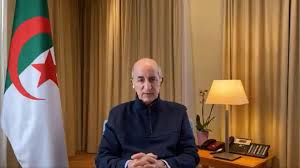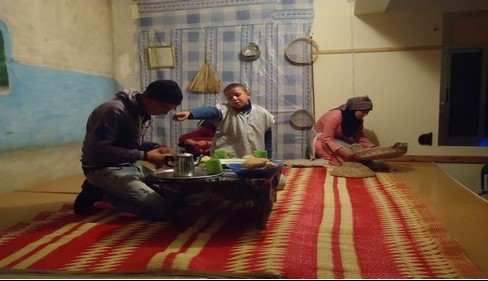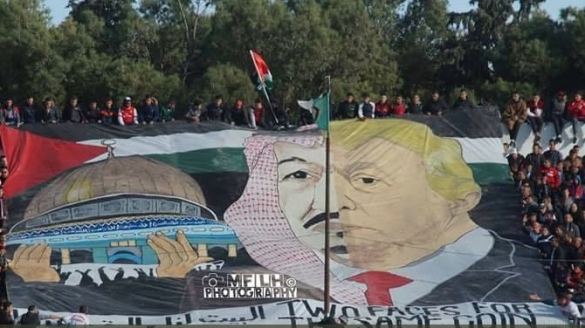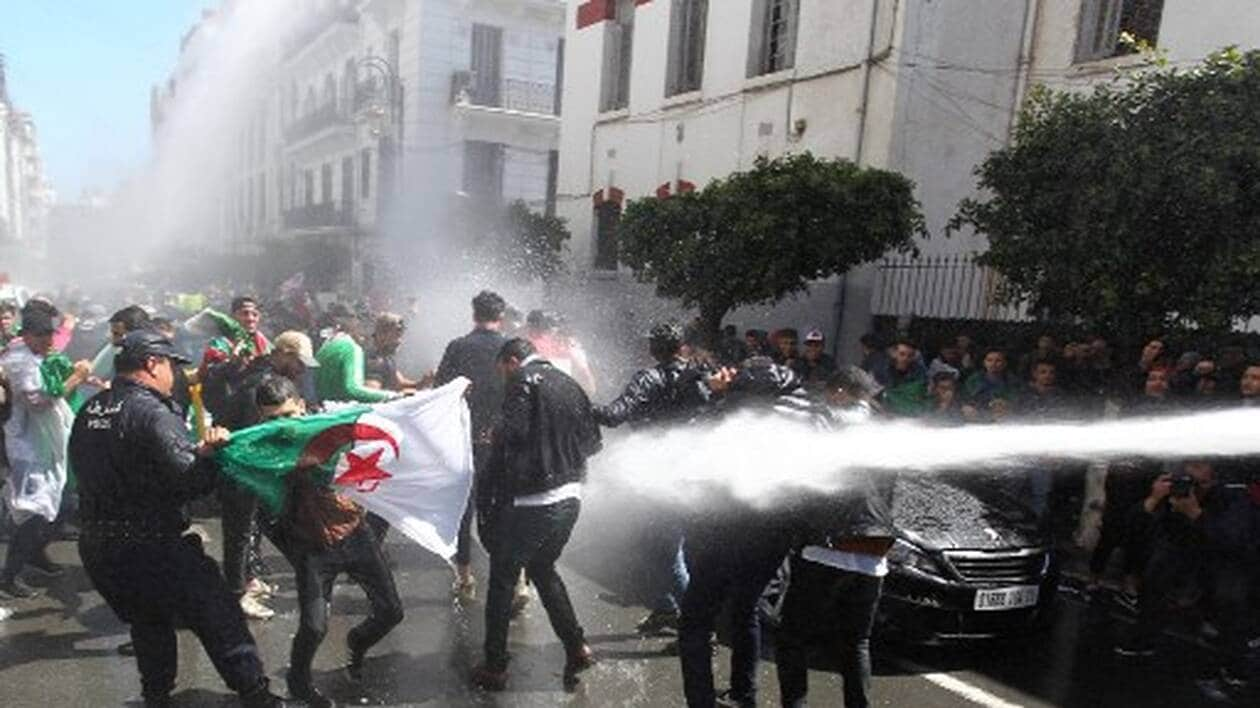 Algeria is at the mercy of an internal war between its president Abbdelmadjid Tebboune and the army which had backed the ascension to power of the 75-year old man, currently in Germany for medical treatment.
Algeria is at the mercy of an internal war between its president Abbdelmadjid Tebboune and the army which had backed the ascension to power of the 75-year old man, currently in Germany for medical treatment.
Abdelmadjid Tebboune is unpopular in Algeria and is considered an illegitimate president appointed by the military. His illegitimacy was accentuated when he put all his might in the constitutional amendment referendum. The constitutional referendum of November 1, 2020 was indeed historic, but not for the reasons expected by Tebboune. It was historic because the turnout of 23.7% was historically low, actually the lowest rate recorded by a ballot in Algeria since its independence in 1962.
Through the referendum, Tebboune had sought to assert his legitimacy, but he lost it definitively and came out much weakened in the eyes of the generals.
Actually, tension has been mounting between the president and the Chief of Staff Saïd Chengriha months earlier. Several subjects have contributed to the accumulation of tensions between the two men: foreign policy, reform of the Constitution, interference in the management of subjects related to security and defense, appointments and changes made by Tebboune in different institutions…
The situation got no better after the President was contaminated with COVID-19 back in October and was flown to Germany for treatment, a treatment that lasted for too long.
As his long absence from the country has delayed some key decisions to respond to several challenges the North African country is facing, the Algerian army has even contemplated the possibility to replace its once protégé, according to some press reports.
In his first public appearance on December 12, two months after his admission to hospital in Germany, Tebboune appeared to have taken his distance from the army which backed him to rise to power in December 2019, several months after former President Abdelaziz Bouteflika stepped down.
Tebboune returned to Algeria in Dec. 29 in a move to curtail rumors about his alleged incapacity to run state affairs. He was also compelled to return home to sign the national budget and to rubber-stamp the constitutional amendments emanating from the unpopular November referendum.
The undeclared war between the two sides is waged via communication channels.
The President’s December 12 address was first aired on his social media pages rather than on state-run news platforms, controlled by the army.
To announce that the surgery Tebboune underwent last Wednesday in Germany was successful, his office also took to Facebook to inform the nation instead of the state-run news agency APS. Actually, APS filed the news on the President’s medical surgery several minutes after international media.
If Tebboune’s forced return to Algeria in December succeeded in silencing the calls for his dismissal, the fact that he returned to Germany for a second time on January 10 has put the impeachment back on the agenda.
In this connection, two prominent voices aligned with the army have recently lambasted Tebboune for his absence at the head of the country and for serving foreign interests.
Al-Said Bensedira, a London-based blogger, and known to be close to the Algerian intelligence services, recently accused the Algerian President of serving foreign interests. He said in barely veiled words that Abdelmadjid Tebboune was not serving the interests of Algeria. He harshly criticized him for keeping his private secretary, Amirouche, by his side, whom he accuses of colluding with Qatar.
El Watan, a media aligned with the army, in an editorial titled “Cutting with the illusion”, laid into the Algerian President for leaving the country, which is facing numerous challenges.
“It is in times of great difficulty that the role of a leader is paramount. By his mere physical presence, he reassures his subjects, like a warlord watching over his troops,” the editorialist said. “The country, which is faced with multiple health, security and social crises, cannot do without its President,” the editorialist added. “…The stability of the whole society is at stake. The negative repercussions can be dramatic in the long run.”
Messages posted by Tebboune on social media, however, mean that he is not willing to step aside easily. Meanwhile, the clan of generals is increasing calls for an “internal front” and a “new Algeria”, trying to make something new with old.
What is certain is that Algeria’s rentier state is going through its most serious crisis since independence. Algeria, where hydrocarbons represent 98% of exports, saw its revenues drop by 40% in 2020, and its foreign exchange reserves have fallen from nearly $200 billion in 2013 to $29 billion in 2020.
The country is also facing an increase in the price of basic food commodities after the central bank voluntarily devaluated the Algerian dinar DA.
In addition, Algeria is reeling with a spike in number of covid-19 contaminations and authorities can’t agree on the approach to curb the spread of the disease nor on the vaccine to use for the population immunization.


